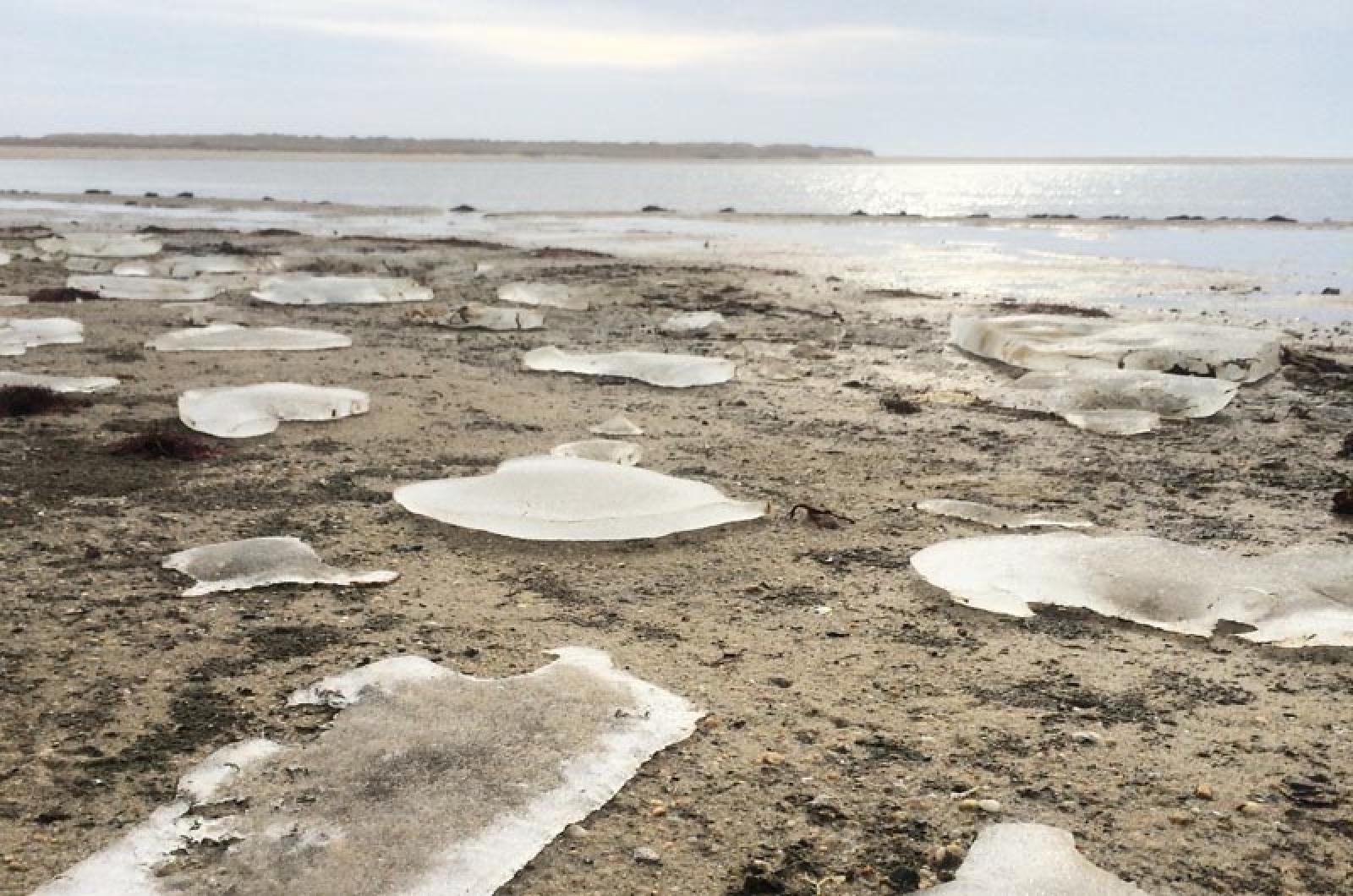The weather this winter is constant conversation material — in the single digits one day and near 50 the next. It sure beats last year’s almost weekly blizzards. The other morning some of the birds were singing their spring songs. The days are noticeably longer in the evening, but the mornings take a while to get going. I believe that will change any day now.
I’ve been busy the last few weeks getting hay down on all the vegetable beds. It’s a little later than I would like but, hey, (hay), oh well. Everything looks all cozy.
Years ago, one of my first favorite garden writers, Ruth Stout, talked endlessly about the benefits of constant applications of hay. She said it was manure that had not gone through a horse first. I believe most of her books are out of print. The No Work Garden Book and How to Have a Green Thumb Without an Aching Back both come to mind. Be on the lookout at yard sales and pick up some copies.
In the 1970s she wrote several articles in Organic Gardening. I have boxes of the little magazines in the attic for heaven’s sake. I loved the newsprint, no gloss, small format. They probably are homes for mice at this point.
Ruth, a Kansas native, lived until age 96. She was instrumental in the entire mulch movement, started in the late 1960s. I have a video of her in her Poverty Hollow garden outside Redding, Conn. I understand it can be found on YouTube.
J. I. Rodale was a huge fan of hers and thus enlisted her in writing for Organic Gardening magazine. For some reason my only recollection of the man is his death by heart attack during a live filming of the Dick Cavett Show in 1971. Although the episode never aired, it was the talk of the garden and television worlds for some time. Supposedly, he commented right before the fatal event. . . “My healthy lifestyle should last until I’m 100.” Wow, there you have it! Nothing is certain in this life.
I’ve been making sprouts. Our family is fond of fenugreek. They are large seeds with a flavor resembling Indian food. They only take a few days in a strainer on the side of the sink. I rinse a couple times daily. They are a great addition to salads or simply on their own.
I chiseled some beets and carrots out of the frozen ground — no small task. I brought the frozen chunks inside to thaw in order to remove the roots.
The carrots are sweet and delicious. I covered their rows with big bales of hay in order to have easy access in case of snow.
The beets were not wonderful. The ones larger than ping-pong balls were okay, but the small ones were all squishy and inedible. Good to know. I should have harvested them all before a hard freeze.
I am fond of columnist Jill Richardson. She authored Recipes for America: Why Our Food System is Broke and What We Can do to Fix It. She recently had a piece about Cuba in Liberal Opinion. Indulge me, please, as I blatantly plagiarize her:
Cuba has unintentionally become a haven of organic agriculture. Here’s how it happened.
After the Soviet bloc collapsed, the U.S. government tightened its embargo on the island nation. By the early 1990s, Cuba found itself without enough trading partners. That meant it lacked food, fuel, fertilizers, pesticides and other agricultural imports.
Cuba faced a choice: starve or go organic. It went organic.
The country made incredible strides in cutting pesticides and fertilizers out of its agriculture.
It will be interesting to see if restored relations with Cuba will change them or us in relation to farming practices.
My friend Marie and I wonder if they will realize the cash cow they have with all those vintage 1950s vehicles.
I have to cut this short so I can watch the State of the Union address. Hopefully, I’ll get some material for more political ranting.




Comments
Comment policy »